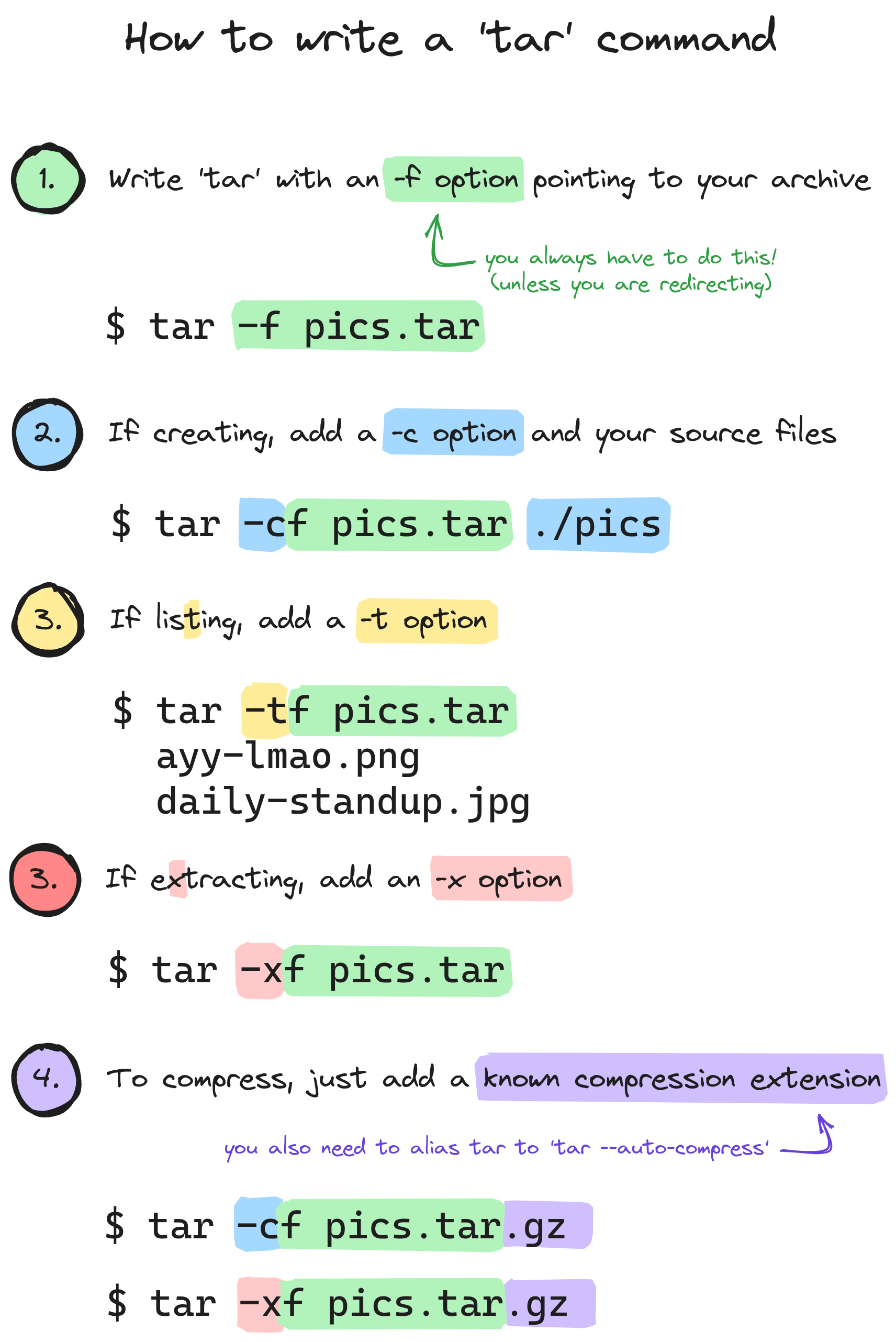I use Linux for years and still Google every time I have to use it!
Linux
From Wikipedia, the free encyclopedia
Linux is a family of open source Unix-like operating systems based on the Linux kernel, an operating system kernel first released on September 17, 1991 by Linus Torvalds. Linux is typically packaged in a Linux distribution (or distro for short).
Distributions include the Linux kernel and supporting system software and libraries, many of which are provided by the GNU Project. Many Linux distributions use the word "Linux" in their name, but the Free Software Foundation uses the name GNU/Linux to emphasize the importance of GNU software, causing some controversy.
Rules
- Posts must be relevant to operating systems running the Linux kernel. GNU/Linux or otherwise.
- No misinformation
- No NSFW content
- No hate speech, bigotry, etc
Related Communities
Community icon by Alpár-Etele Méder, licensed under CC BY 3.0
Why?
For me it's because I don't use it very often, mostly just archiving stuff every few months or so.
^r tar and adjust as needed. Got it
Saved this. Just like I did for tens of tar cheat sheets before. No, I won't remember it exists when I'll need to use tar. I will google it. I'll read that Stack Overflow page again. I will not enjoy it.
T_T
I just have pack and extract functions in my shell RC files that look at file extensions and use the proper tool with proper arguments.
Wrote them 10 years ago and they've worked flawlessly ever since!
Just add -a for auto compression.
tar xafv every time, works like a charm.
I personally just use tldr to figure out how it's done.
My tar command is tldr tar then ctrl + c / ctrl + v
I didn't know about auto-compress, thanks!
i leave off the dash ;)
I've written a CLI tool in Rust as a front end to tar with gzip called Targez.
It can definitely just be done with an alias instead, but you can give it a try if you prefer something installable.
I just use atool (archive tool) instead. It works the same for any common compression format (tar, gzip, zip, 7zip, rar, etc) and comes with handy aliases like apack and aunpack obsoleting the need to memorize options.
I'll keep using TLDR, best cli command ever.
I would also recommend -v for verbose and -z when compressing for gzip
What does --auto-compress do?
tar, please eXtract the Vucking File!
tar -xvf tarbomb.tar.
OMG always assumed that -c always stands for "compress" and I always placed .gz at the end to remember to place -x when extracting
I always use tldr for these things, super handy to have.
You should link TealDeer, which is the same but it's compiled in rust instead of node so it takes less memory, also, the name is cooler :)
You are absolutely right, this is way better. Thanks!
Nowaday I have ChatGPT spew me command. I usually do a quick validation before running. Nevertheless, most of simple operations are correct so I don't need to.
I then note the command to my persional gist cheatsheet. Next time, since the command is "cached", I'll be able to be productive quicker.
So much better than googling.
So a serious question from someone who can't remember console commands ever despite using them constantly.
Why are so many linux CLI commands set up with defaults that no one ever uses? Like if you pretty much always need -f, -v is often used, and --auto-compress is needed to recognize type by extension. Why aren't those the defaults to just using tar?
A lot of applications I find are like this too, they don't come with defaults that work or that anyone would ever use.
Damn, I'm using the "tape archiver" (this is what tar means) since I installed HPUX8 in the 90s, from tape, yes...
